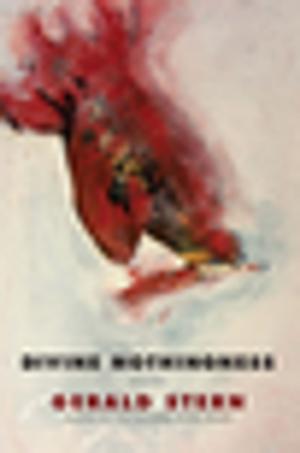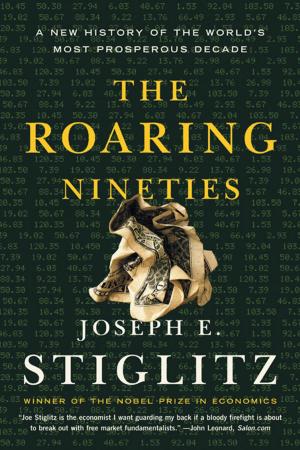| Author: | Allen Barra | ISBN: | 9780393254570 |
| Publisher: | W. W. Norton & Company | Publication: | September 17, 2006 |
| Imprint: | W. W. Norton & Company | Language: | English |
| Author: | Allen Barra |
| ISBN: | 9780393254570 |
| Publisher: | W. W. Norton & Company |
| Publication: | September 17, 2006 |
| Imprint: | W. W. Norton & Company |
| Language: | English |
The explosive biography of the greatest college football coach in history.
When Paul William "Bear" Bryant died on January 26, 1983, it was the lead story on the all three networks' evening news. New York City newspapers reported his death on their front pages. Three days later, America watched in awe as an estimated quarter of a million mourners lined the fifty-five mile stretch from Tuscaloosa to a Birmingham cemetery to pay their respects as his three-mile long funeral cortege drove by.
Bryant's passing was noted with the kind of reverence our country reserved for statesmen or military leaders, though Paul "Bear" Bryant had insisted for much of his life that he was "just a football coach." For millions he was much more, he was the greatest coach the game ever saw, the heir to the tradition established by Knute Rockne. He took his Alabama Crimson Tide teams to an unmatched six national championships. But to the players, journalists and fans whose lives he touched in his more than half a century as a player and coach, he was the last symbol of values that transcended football—courage, discipline, loyalty, and hard work.
To his critics, Bryant represented the dark side of big-time college football—brutality, fanaticism and blind adherence to authority. The real Bear Bryant was far more complex than either his admirers or detractors knew. While maintaining a public friendship with Alabama governor George Wallace, he continually sought ways to undermine the governor's segregationist policies, finally forcing a legendary football game in Birmingham with the University of Southern California that opened the floodgates to the integration of football at the University of Alabama, including its coaching staff. Old fashioned in his politics, he was nonetheless an admirer of Robert Kennedy, whom he planning to vote for in 1968.
Allen Barra's The Last Coach traces Paul Bryant's rise from a family of truck farmers to recognition as the most successful and influential coach in the game's history. Through it all, Bryant's influence has not only endured but prevailed as his former players and assistants continue to define the best in not only college but professional football. A USA Today and Washington Post Best Sports Book.
The explosive biography of the greatest college football coach in history.
When Paul William "Bear" Bryant died on January 26, 1983, it was the lead story on the all three networks' evening news. New York City newspapers reported his death on their front pages. Three days later, America watched in awe as an estimated quarter of a million mourners lined the fifty-five mile stretch from Tuscaloosa to a Birmingham cemetery to pay their respects as his three-mile long funeral cortege drove by.
Bryant's passing was noted with the kind of reverence our country reserved for statesmen or military leaders, though Paul "Bear" Bryant had insisted for much of his life that he was "just a football coach." For millions he was much more, he was the greatest coach the game ever saw, the heir to the tradition established by Knute Rockne. He took his Alabama Crimson Tide teams to an unmatched six national championships. But to the players, journalists and fans whose lives he touched in his more than half a century as a player and coach, he was the last symbol of values that transcended football—courage, discipline, loyalty, and hard work.
To his critics, Bryant represented the dark side of big-time college football—brutality, fanaticism and blind adherence to authority. The real Bear Bryant was far more complex than either his admirers or detractors knew. While maintaining a public friendship with Alabama governor George Wallace, he continually sought ways to undermine the governor's segregationist policies, finally forcing a legendary football game in Birmingham with the University of Southern California that opened the floodgates to the integration of football at the University of Alabama, including its coaching staff. Old fashioned in his politics, he was nonetheless an admirer of Robert Kennedy, whom he planning to vote for in 1968.
Allen Barra's The Last Coach traces Paul Bryant's rise from a family of truck farmers to recognition as the most successful and influential coach in the game's history. Through it all, Bryant's influence has not only endured but prevailed as his former players and assistants continue to define the best in not only college but professional football. A USA Today and Washington Post Best Sports Book.















